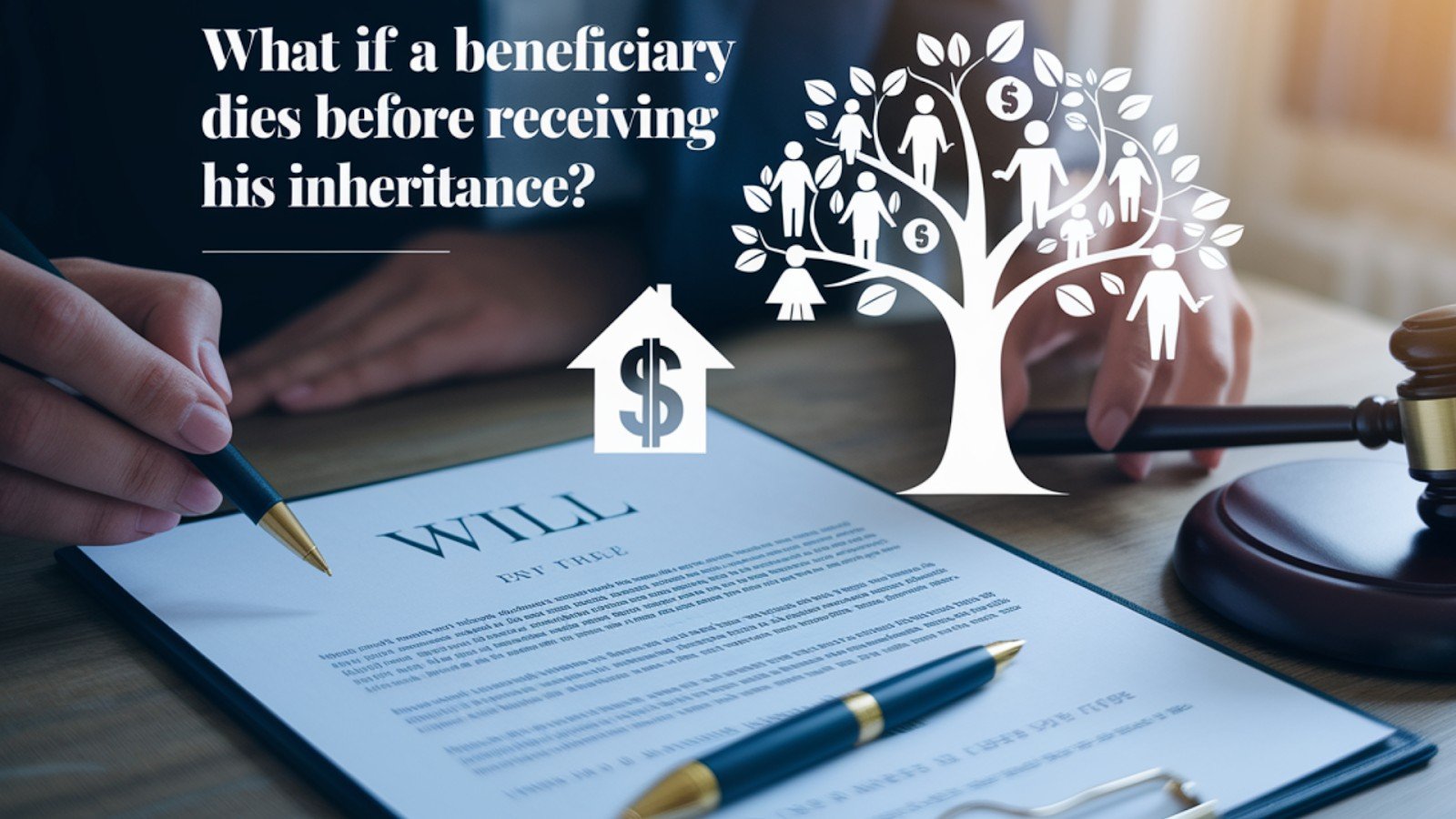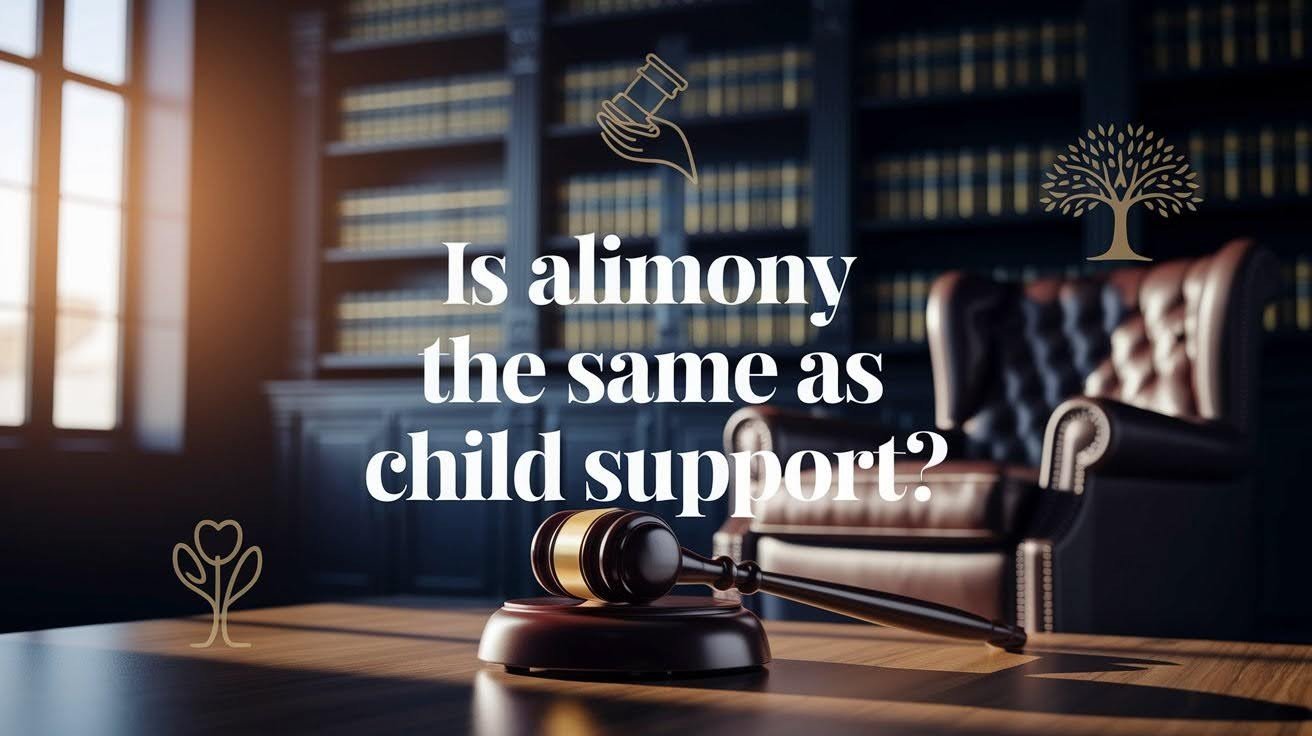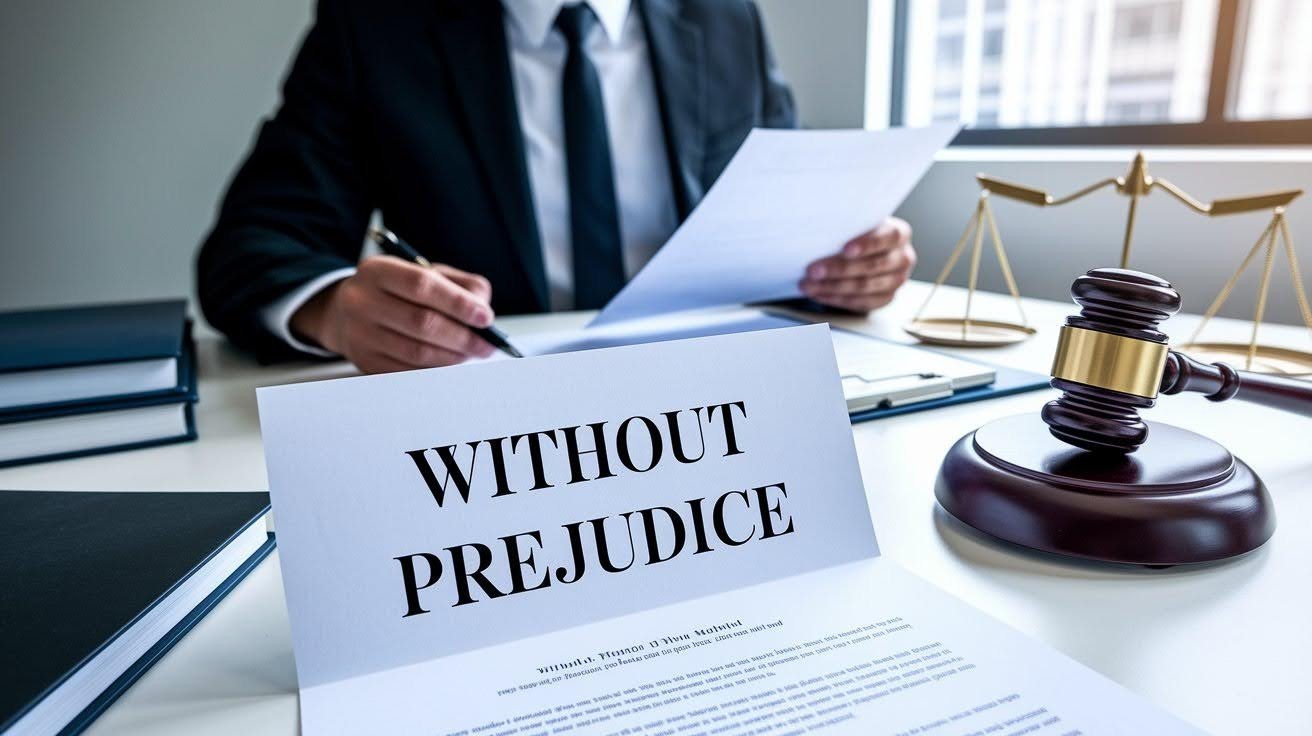Worried about the possibility of dragging your spouse into filing for bankruptcy? You’re not alone. You can indeed file for bankruptcy alone. Often, it is legal, and it is done.
Many do not realize this fact: filing solo does not always shield your spouse from any financial impact. Truly, it makes things worse sometimes, too. I know when solo filing works. I also saw when it backfired after helping couples navigate hundreds of these.
It breaks down clearly for you. You’ll learn about whether your spouse’s credit is at risk, what happens in community property states, and how bankruptcy affects shared debts. No legal jargon. Just honest, straightforward facts.
Protect both your finances and your relationship by arriving at clarity. You need that clarity before this decision affecting your household is made. We should figure it out together now.
The Simple Answer: Yes, You Can File Alone

The law is clear on this one. Marriage doesn’t take away your right to file bankruptcy by yourself. You’re still a person with individual rights.
Legal Right to Individual Filing
Here’s what the law says: No rule forces married couples to file together. Each spouse keeps their own legal rights, even after saying “I do.”
Think of it this way. Your personal financial choices remain yours to make. In most cases, what you owe stays separate from what your spouse owes.
When Individual Filing Makes Sense
Filing alone works best in specific situations. The key is having truly separate finances from your spouse.
Individual filing makes sense when all your debts are only in your name. You also need proof that you keep money completely separate from your spouse. A prenuptial agreement that covers your debts can also support an individual filing.
Timing matters too. If your spouse has already filed for bankruptcy recently, they can’t file again yet. If your spouse might get inheritance money soon, individual filing protects those funds from your creditors.
The bottom line? Individual filing protects your spouse when your debts are really separate. But this gets tricky fast when you share any money or debts.
How Your Spouse’s Credit Score Gets Affected

Your spouse’s credit might seem safe when you file alone. But the reality is more complex than most people think.
Direct Impact on Credit
Good news first: Your bankruptcy only shows up on your credit report. Your spouse’s report stays clean from the bankruptcy filing itself.
Your spouse’s individual debts stay untouched. Credit cards, loans, or accounts in their name alone won’t be affected by your filing. Their credit history remains separate from yours.
Indirect Credit Consequences
But here’s the catch: Joint debts tell a different story. Your spouse becomes fully responsible for every shared debt after you file.
Missing payments on joint accounts hurts your spouse’s credit fast. Even though your bankruptcy clears your responsibility, your spouse still owes the full amount. One late payment damages their score just like it would damage yours.
Protecting Your Spouse’s Credit
Smart planning can limit the damage to your spouse. The key is staying current on all joint debts during and after your bankruptcy.
Watch your spouse’s credit report like a hawk. Mistakes happen during bankruptcy, and errors can hurt their score unfairly. Check for problems every few months and dispute any errors right away.
Pros and Cons of Filing Without Your Spouse

Individual filing isn’t always the right choice. Let me break down the real benefits and serious drawbacks you need to consider.
Benefits of Individual Filing
The biggest win is protecting your spouse’s credit. When debts are truly separate, your bankruptcy won’t touch their good credit score.
You take full control of your own debt problems. No need to involve your spouse in court hearings, paperwork, or meetings with lawyers. This keeps your financial troubles from becoming their legal headache too.
Drawbacks to Consider
The relief you get is limited. Your bankruptcy only wipes out debts in your name. Joint debts stick around and become your spouse’s full responsibility.
Joint assets might still be at risk. Depending on your state’s laws, shared property could be seized even when you file alone. Your spouse’s financial planning gets much harder when they’re suddenly responsible for debts they thought were shared.
Conclusion
So, can you file for bankruptcy without a spouse? Absolutely. Every year, thousands of married people use the right that the law gives them.
Within my practice, I’ve helped over two hundred married clients decide this exactly. I guided a Texas couple last week, where only the husband filed, which saved them both from credit damage since her debts were minimal.
An individual filing can often make perfect sense, assuming that you live in a common-law state. Your debts have to be truly separate for this to work. I have witnessed instances when filings backfired. Joint accounts that were overlooked explain it.
This guide helps you grasp critical factors of great import. Consider your state’s laws along with your debt situation at all times. Your family’s long-term goals should also be something you keep in mind, too.
Frequently Asked Questions
Can you file for bankruptcy without your spouse if you have joint debts?
Yes, you can file alone even with joint debts. However, your spouse remains fully responsible for all joint debts after your bankruptcy. Your discharge only eliminates your personal obligation, not theirs. Consider this carefully before filing individually.
Will filing for bankruptcy without my spouse hurt their credit score?
Your bankruptcy filing itself won’t appear on your spouse’s credit report. But if you have joint debts and your spouse misses payments or can’t handle the full responsibility alone, their credit score will be damaged.
Do I need to include my spouse’s income when filing for bankruptcy alone?
Yes, you must include your spouse’s income on bankruptcy forms and the means test, even when filing individually. However, you can subtract their separate expenses that don’t benefit your household from their income contribution.
What’s the difference between filing alone in community property vs common law states?
In community property states, all marital assets become part of your bankruptcy estate regardless of whose name they’re in. Common law states that only assets in your name are included, giving your spouse better protection.
Should married couples file bankruptcy together or separately?
It depends on your debt and asset situation. File together if you have many joint debts or live in a community property state. File separately if debts are truly individual and you want to protect your spouse’s credit.







